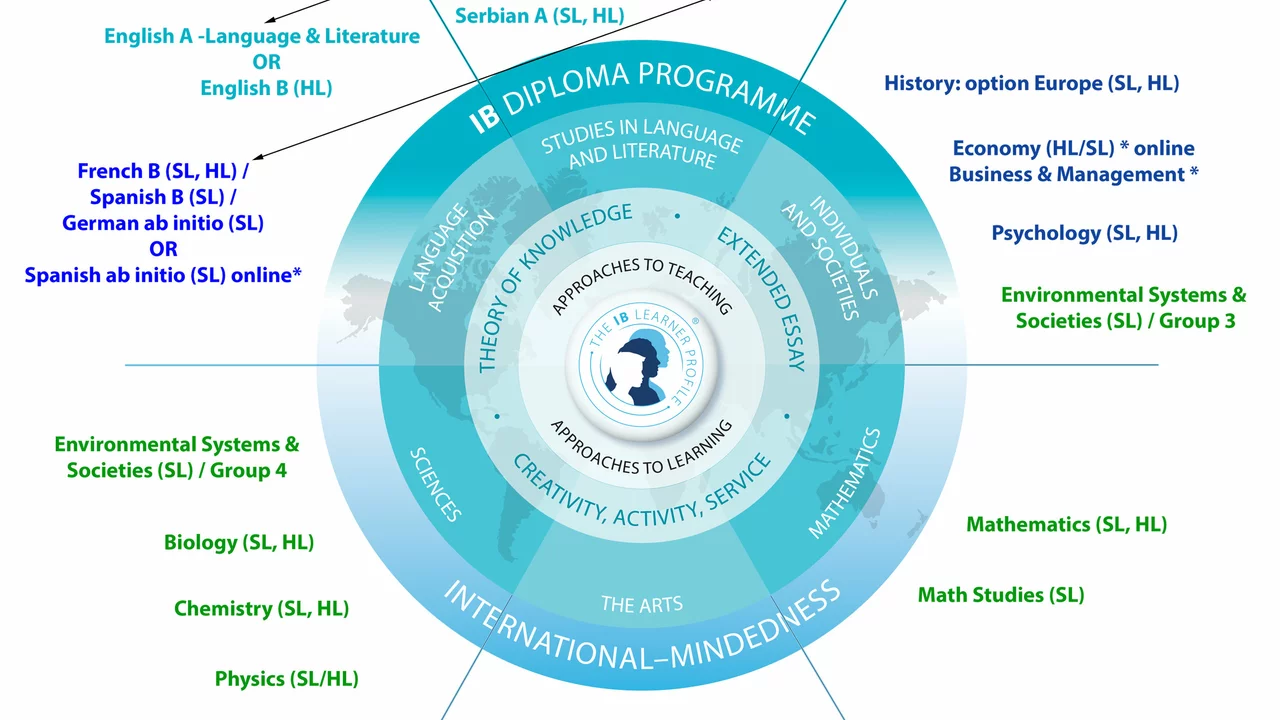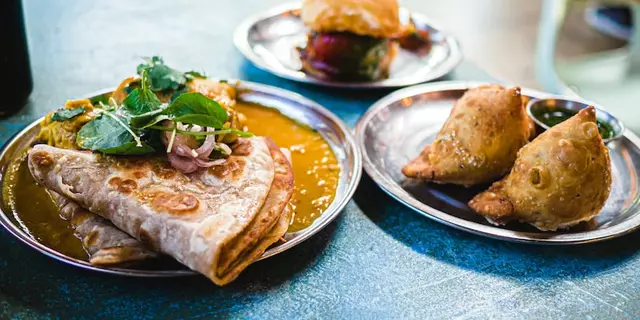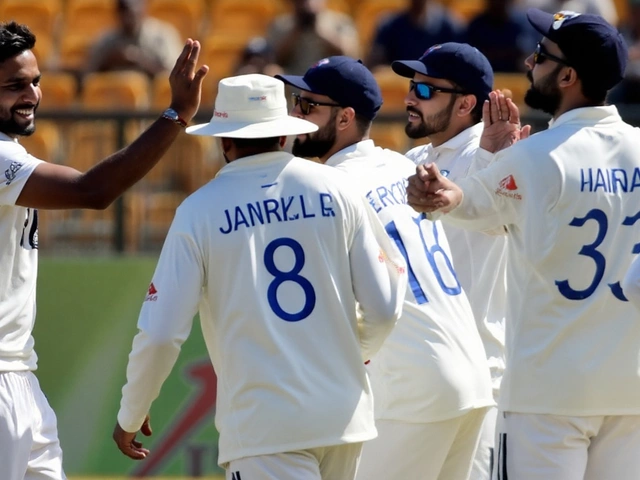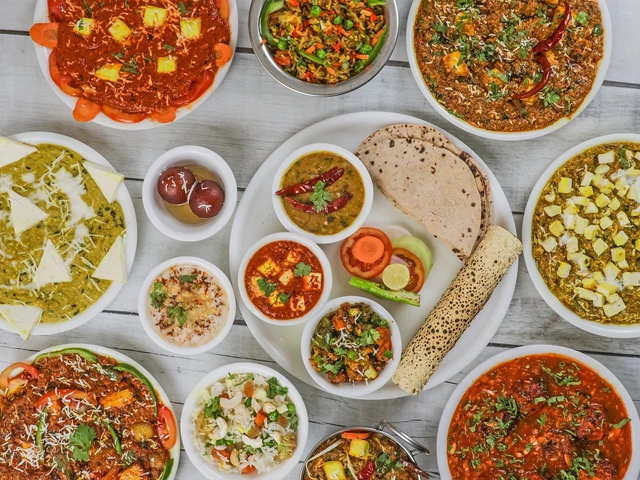Students: Practical tips, quick help and campus life stories
If you're a student juggling classes, exams, food and future plans, this tag is for you. You’ll find short, useful pieces that save time and cut confusion—study methods that actually work, quick meal ideas, and simple career and travel tips. No fluff, only stuff you can use today.
Study smarter, not harder
Stop reading everything. Pick the syllabus, set a priority list and use time blocks. Try 25-minute focused study sessions with 5-minute breaks (Pomodoro). Make active notes: rewrite key ideas in your own words, use one-sheet summaries for each topic and test yourself with quick quizzes. Schedule weekly reviews so information moves from short-term to long-term memory.
If you need structure, look for short certification courses or coaching options that match your goals. For exam-oriented roles—like police or government posts—use the official syllabus and past papers. Small, consistent practice beats last-minute cramming every time.
Food, budget and everyday life
Hungry students need fast, cheap and filling food. Try 15-minute Indian breakfasts like poha, upma or stuffed paratha. For bachelor life, keep essentials: eggs, rice, dal, basic spices, frozen veggies and instant oats. One-pan meals and simple wraps cut cleanup time. If you’re cooking for friends with vegetarian preferences, pick dishes like paneer tikka, chole or a basic vegetable biryani—easy to scale and crowd-pleasing.
Budget tip: plan meals for the week and buy staples in bulk. It cuts costs and stops late-night takeout. Learn two or three reliable recipes and tweak them with what’s on sale.
Moving or studying abroad? Expect culture shifts and practical needs: weather gear, basic healthcare registration, and a local bank account. Talk to seniors or alumni from your college before you go. They often share hacks that save time and money.
Campus safety is common sense: avoid risky situations, know local rules, and respect local culture. Small actions—like staying aware at crowded events and carrying digital copies of important documents—go a long way.
Career and life planning don’t need to be overwhelming. Try short internships, freelancing, or online projects to build experience while you study. A simple portfolio or a few completed projects often speaks louder than a long resume. If you need guidance, short coaching courses can help you shape goals and build a step-by-step plan.
We publish practical stories and quick how-tos aimed at students who want results without wasted time. Browse these posts for recipes, study tips, career ideas and honest takes on life at home and abroad. If you want a specific student topic covered, look up the latest posts or use the search—there's a good chance someone else has already asked the same question.

The IB extended essay is a significant part of the International Baccalaureate (IB) Diploma Programme, requiring students to conduct independent research and pen down a 4,000-word essay. It demands extensive planning, research, and analytical skills, testing students' abilities to manage and organize their ideas effectively. Encountering challenges is inevitable, including choosing the right topic, finding relevant resources, and maintaining academic honesty. It’s a demanding task, yet it's an excellent opportunity for students to explore their interests deeply and sharpen their research and writing skills. Remember, the journey is tough, but the rewards are worth it!
Continue Reading





